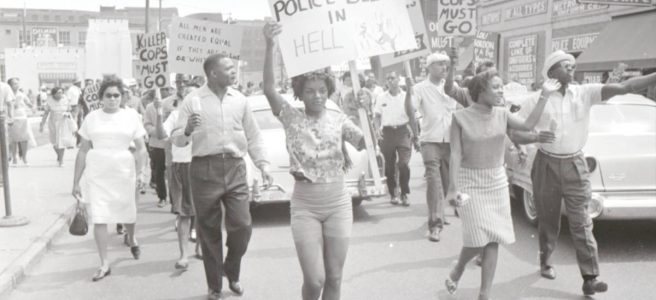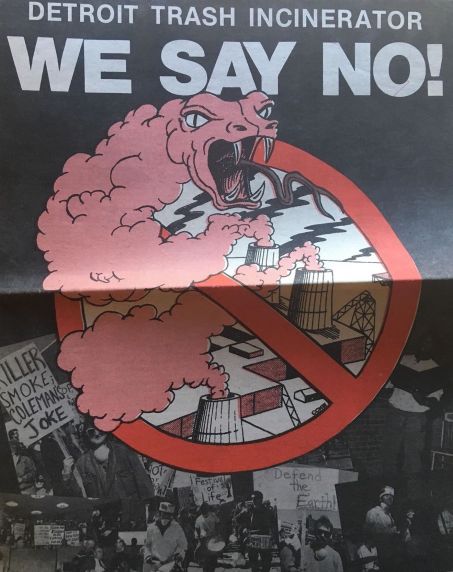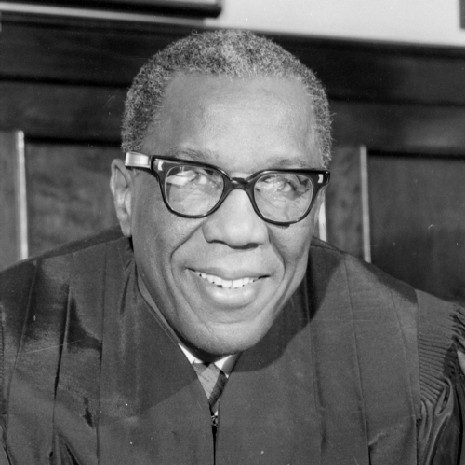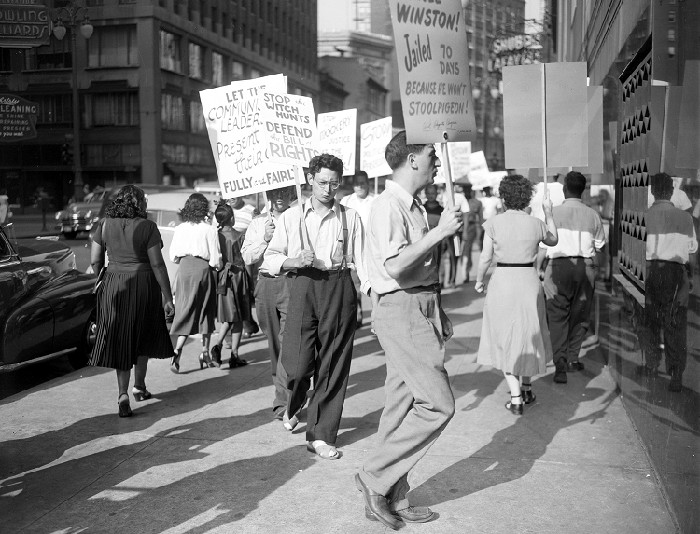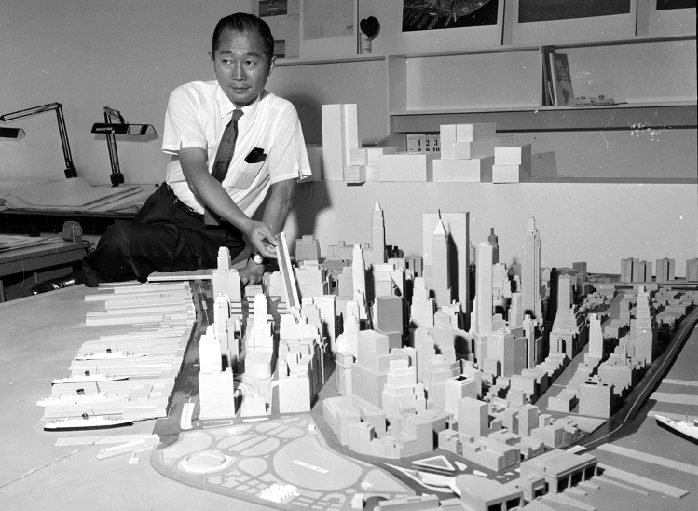Dr. Matthew Lassiter shares stories uncovered in Detroit Under Fire: Police Violence, Crime Politics, and the Struggle for Racial Justice in the Civil Rights Era, a collaborative digital exhibit created by undergraduate history students documenting nearly 200 civilians killed between 1957 and 1973 by the Detroit Police Department and other law enforcement agencies in the city. Because identifying information was rarely included in official reports or the city’s mainstream media, the students instead searched the archives of local activists and community organizations to identify the victims and the circumstances of their deaths. In the process, they also found that “get-tough” policies, investigative arrests, and policing units like STRESS (Stop the Robberies–Enjoy Safe Streets) encouraged police brutality, and that nearly all of the officers involved were exonerated despite approximately two-thirds of the victims being unarmed. They found patterns of racial abuse, including that 79% of the victims were Black, and that the killings were clustered in downtown and midtown Detroit, commercial corridors, and other “color lines” where the predominantly white and predominantly Black areas of the city converged. Beyond these patterns of state violence, the website also documents the activism and resilience of the Black community.
Lassiter is Professor of History, Professor of Urban and Regional Planning, and the Arthur F. Thurnau Professor at the University of Michigan and director of the Policing and Social Justice HistoryLab, an initiative of the University of Michigan Department of History and the UM Carceral State Project.
Related Resources:
Detroit Under Fire: Police Violence, Crime Politics, and the Struggle for Racial Justice in the Civil Rights Era
Related Collections:
Jerome P. Cavanagh Papers (UP000379)
Kenneth V. and Sheila M. Cockrel Papers (UP001379)
Coleman Young Papers (UP000449)
Detroit Commission on Community Relations (DCCR) / Human Rights Department Records (UR000267)
NAACP Detroit Branch Records (UR000244)
Episode Credits
Producers: Dan Golodner and Troy Eller English
Interviewee: Matthew Lassiter
Music: Bart Bealmear
Podcast: Play in new window | Download | Embed
Subscribe: Apple Podcasts | Spotify | Android | Podchaser | RSS | More
